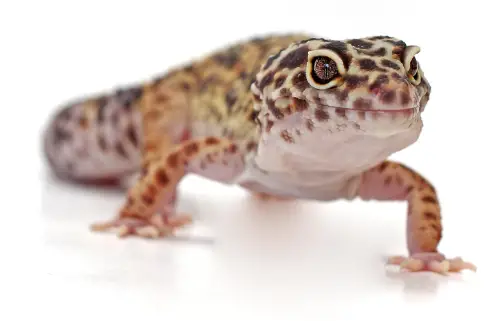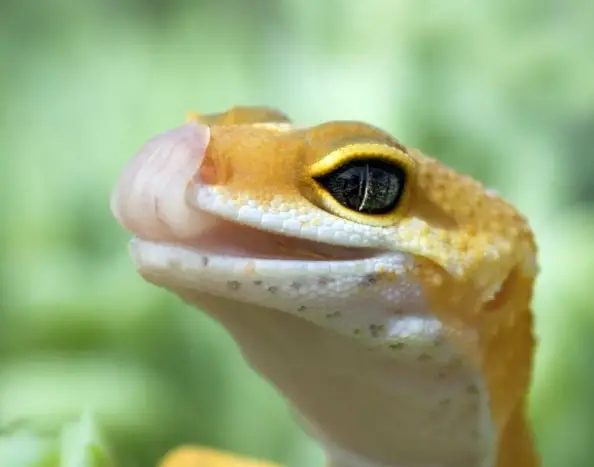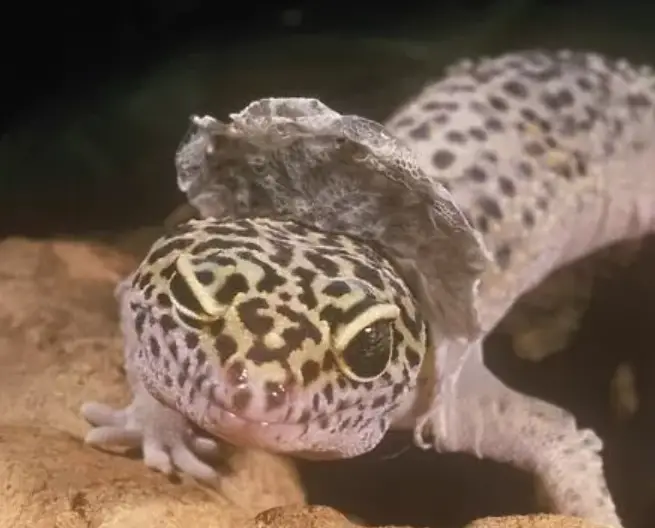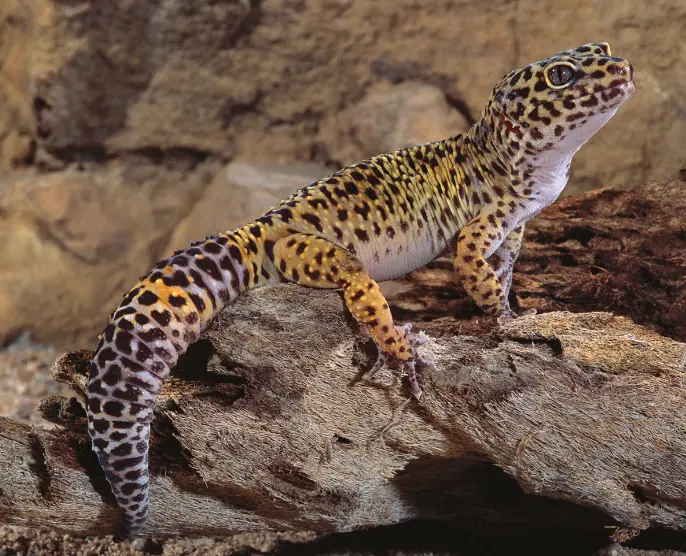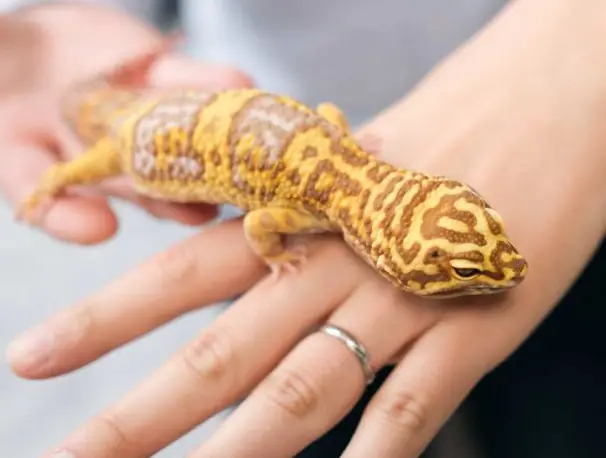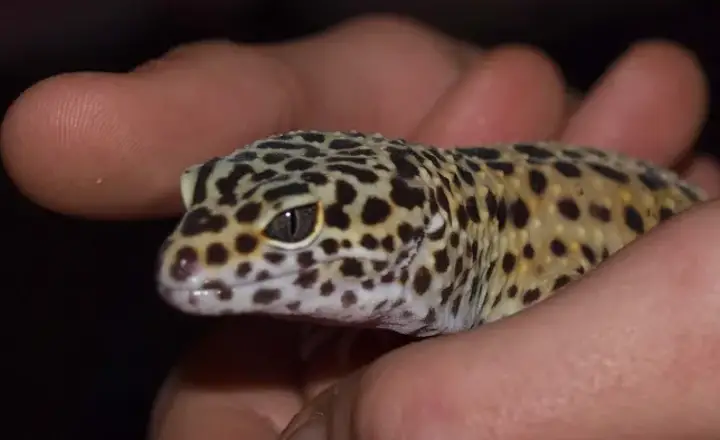Are you considering getting a new pet? If so, have you ever considered a leopard gecko? These small, fascinating creatures make great pets, and they are becoming increasingly popular among pet owners. In this article, we will explore the benefits of keeping a leopard gecko as a pet, answering six to ten sub-questions along the way.
What is a leopard gecko?
Leopard geckos are small, nocturnal lizards that are native to the desert regions of Afghanistan, Pakistan, and India. They are relatively easy to care for and have a lifespan of up to 20 years in captivity. They have a distinctive appearance with their leopard-like spots and are an attractive addition to any home.
What are the benefits of keeping a leopard gecko as a pet?
There are many benefits to keeping a leopard gecko as a pet. Here are a few of the most notable:
- They are low-maintenance: Leopard geckos are easy to care for and require little attention compared to other pets. They don’t need to be walked or played with, and they are happy living in a small enclosure.
- They are quiet: Unlike some other reptiles, leopard geckos are relatively quiet. They don’t make much noise, and they won’t disturb your neighbors or housemates.
- They are fascinating to watch: Leopard geckos are active at night and can be fascinating to watch as they hunt and explore their environment.
- They have a long lifespan: With proper care, leopard geckos can live up to 20 years, making them a long-term companion.
- They are inexpensive: Compared to other pets, leopard geckos are relatively inexpensive to care for. They don’t require much space or expensive equipment, and their food is inexpensive.
What do leopard geckos eat?
Leopard geckos are carnivorous and eat a diet of insects, such as crickets, mealworms, and waxworms. They should be fed a varied diet to ensure they get all the necessary nutrients. Live insects should be dusted with calcium and vitamin D3 supplements to ensure the gecko is getting the nutrients it needs.
What kind of environment do leopard geckos need?
Leopard geckos need a warm, dry environment with plenty of hiding places. They should be kept in an enclosure with a heat source, such as an under-tank heating pad, and a hide box to provide a cool, dark place to rest. They also require a shallow dish of water for drinking and soaking.
How often do leopard geckos need to be cleaned?
Leopard geckos should have their enclosure cleaned regularly to prevent the buildup of waste and bacteria. Spot-clean the enclosure daily, removing any waste or uneaten food. The enclosure should be fully cleaned and disinfected every few weeks.
Do leopard geckos make good pets for children?
Leopard geckos can make great pets for children, as long as they are supervised and the child understands how to handle them properly. They are relatively low-maintenance and don’t require much attention, making them a good choice for busy families. However, it’s important to note that leopard geckos are delicate and can be easily injured if mishandled.
Are leopard geckos social animals?
Leopard geckos are not social animals and prefer to live alone. It’s not recommended to house multiple geckos in the same enclosure, as they can become territorial and aggressive towards each other.
How can you tell if a leopard gecko is healthy?
A healthy leopard gecko should be active and alert, with bright eyes and clear skin. They should have a healthy appetite and be eating regularly. Signs of illness include lethargy, lack of appetite, weight loss, abnormal behavior, and physical abnormalities such as discolored skin or wounds. It’s important to take your leopard gecko to a veterinarian who specializes in reptiles if you suspect they are sick.
What are some common health problems leopard geckos can face?
Leopard geckos are generally hardy creatures, but they can face some health problems. Some common health issues that leopard geckos can experience include:
- Parasites: Leopard geckos can get parasites, such as mites and ticks, which can cause health issues if left untreated.
- Metabolic bone disease: This disease can occur if the gecko’s diet lacks calcium or if they are not getting enough UVB lighting.
- Respiratory infections: Respiratory infections can occur if the gecko’s enclosure is too humid or if they are exposed to drafts.
- Shedding problems: Leopard geckos shed their skin regularly, and if shedding problems occur, it can be a sign of an underlying health issue.
Where can you get a leopard gecko?
Leopard geckos are widely available from pet stores and breeders. When choosing a leopard gecko, look for one that is active, alert, and has clear eyes and skin. It’s important to choose a reputable breeder or pet store to ensure you get a healthy gecko.
Conclusion
In conclusion, keeping a leopard gecko as a pet can be a rewarding experience. They are low-maintenance, fascinating to watch, and have a long lifespan. However, it’s important to understand their specific care requirements to ensure they stay healthy and happy. By providing them with the proper diet, environment, and care, you can enjoy the benefits of having a leopard gecko as a companion for years to come.
